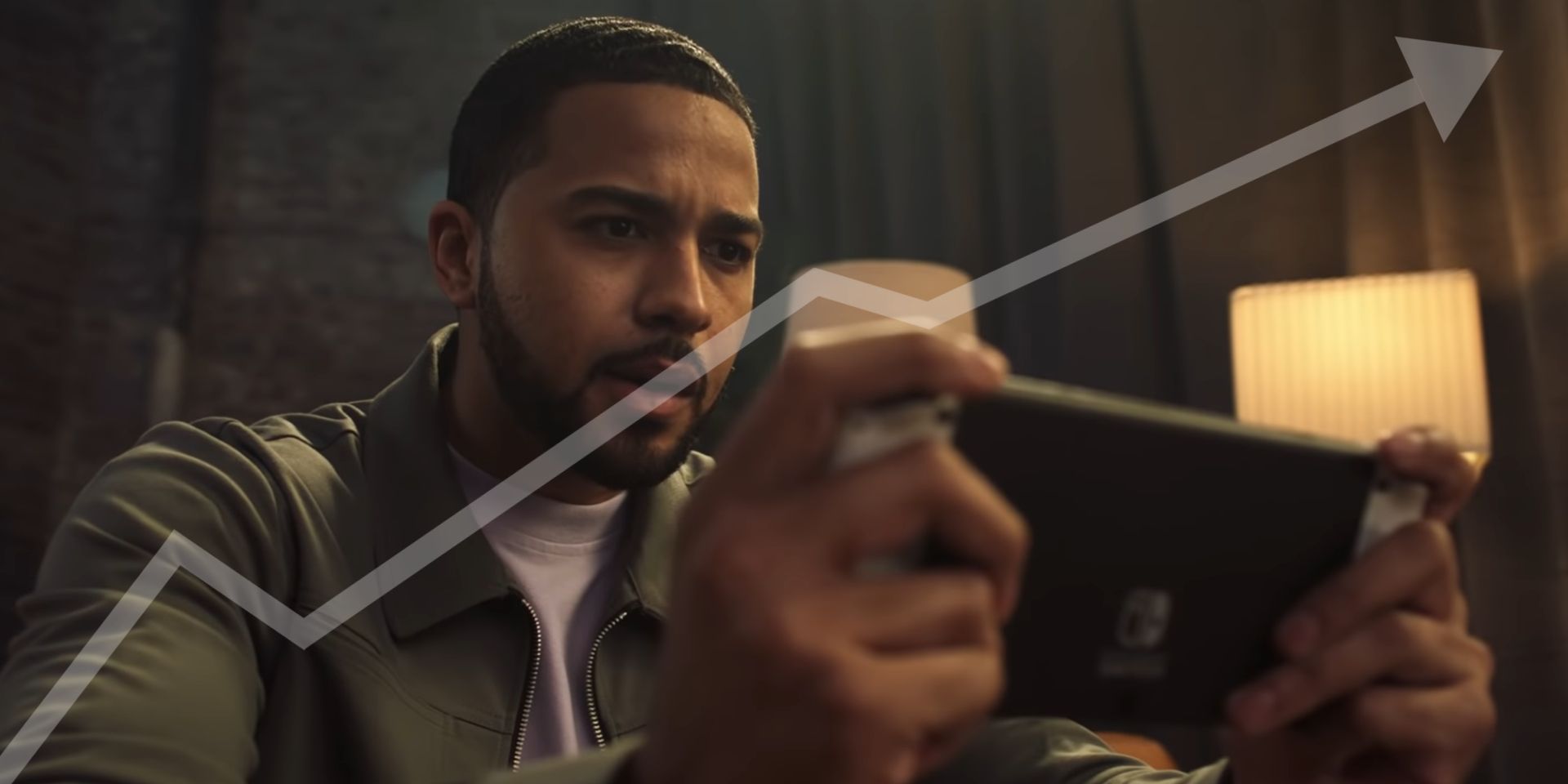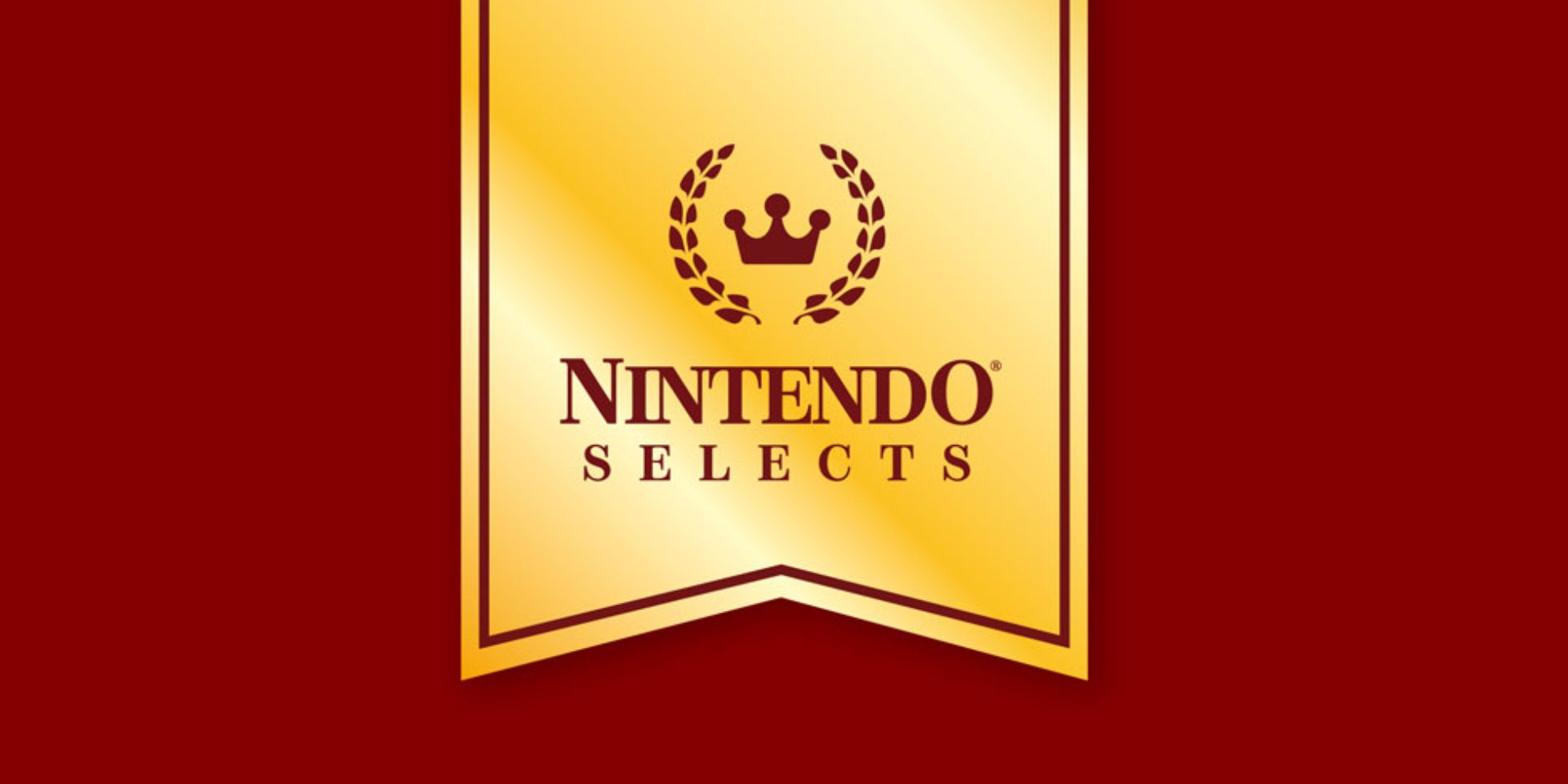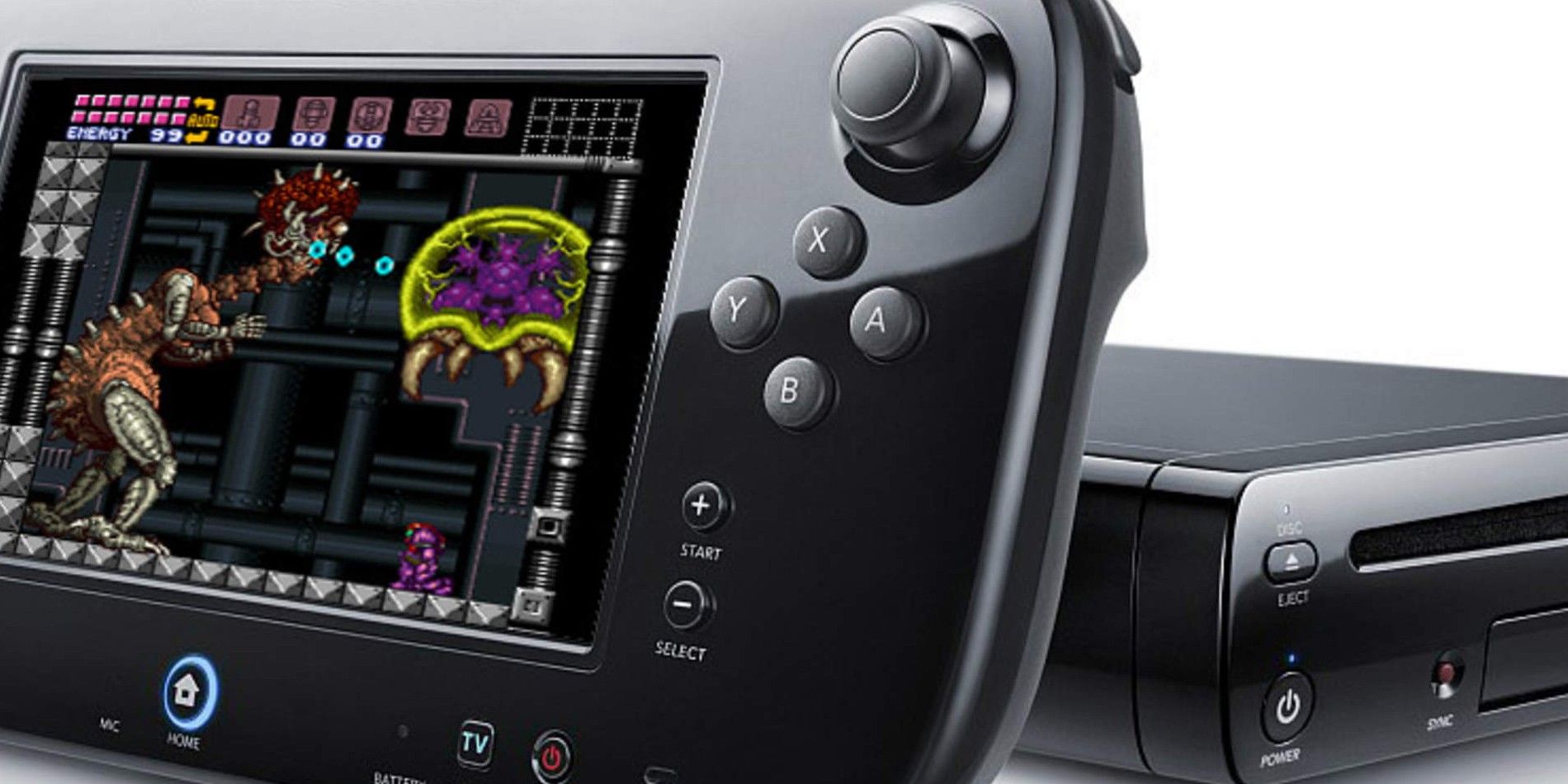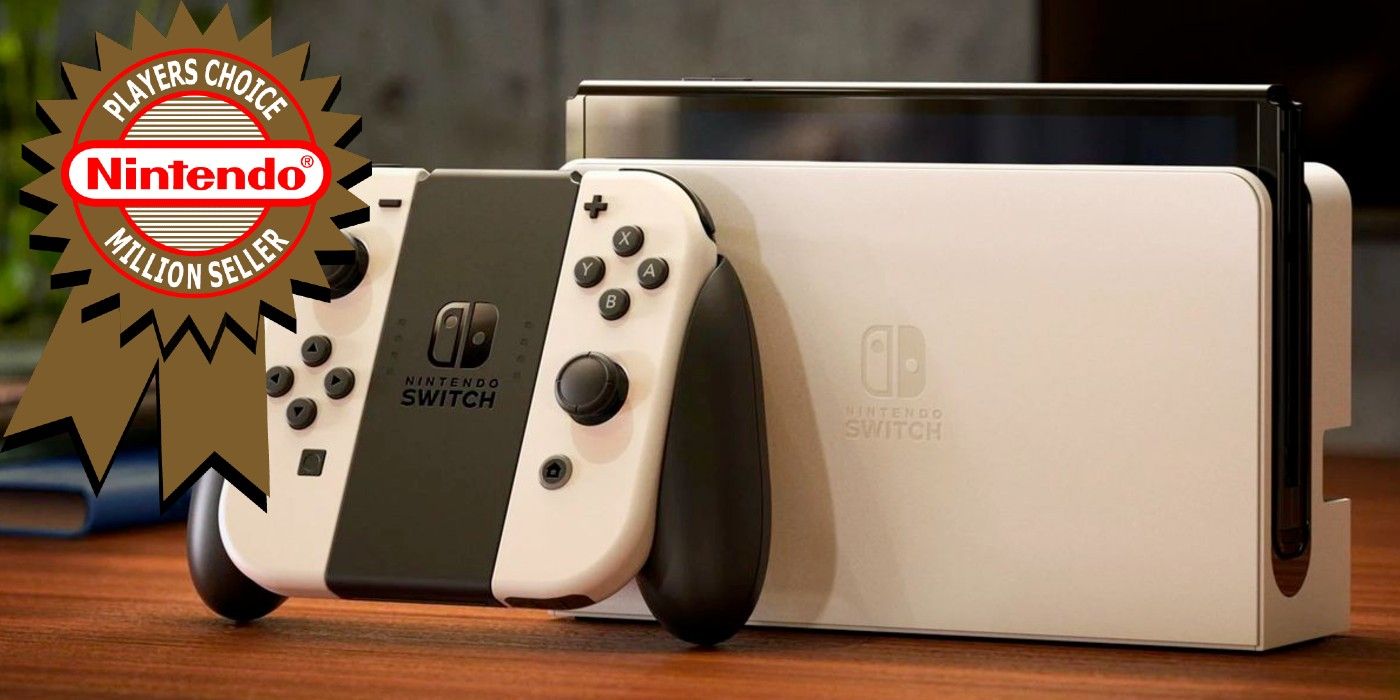Nintendo fans wanting a more powerful "Switch Pro" model have seemingly had those hopes shattered with the Nintendo Switch OLED model reveal. Given Nintendo's track record throughout the Switch generation, this likely should have come as less of a surprise. The Switch has been a commercial success, and that success seems to have served as validation for a series of business decisions contrary to the interests of consumers and fans.
A strong lineup of first-party exclusives, combined with the novelty of a hybrid home console and portable system, has helped propel the Switch to significant sales. This momentum comes at a price: The Switch is the first Nintendo console in several generations with no backward compatibility at launch and, more bafflingly, no Virtual Console games. Additionally, the system launched in early 2017, and Nintendo has still not released any Switch games at a discounted price under the Nintendo Selects program.
From a business perspective, the Switch's success likely means Nintendo has little economic incentive towards fan-friendly decisions. The console's continued sales may be of comfort to stockholders, but profit margins are irrelevant to consumers. Aside from the possibility of getting games like Metroid Dread off the ground, Nintendo's success this generation has mostly coincided with moves that benefit only the company itself.
With The Switch Generating Profit, Nintendo Has No Incentive To Change
Many video game consoles are sold for less than it costs to make them, later recouped through software, accessory, and subscription plan purchases. Ahead of the Switch's launch, Nintendo (via then-Wall Street Journal reporter Takashi Mochizuki) said it wouldn't take a loss on the system, ignoring the industry trend to sell at a profit. While many fans would embrace a Switch Pro with specs closer to even the prior-generation PlayStation and Xbox consoles, powerful computing components are scarce in 2021. It could be difficult for Nintendo to produce a stronger system that is still inherently profitable, as high price points for gaming hardware often lead to consumer backlash, and just the new Switch's OLED upgrade (plus a few other minor features) is already $50 more. Unless Nintendo is willing to take a loss, a Switch Pro seems unlikely.
Still, with the Switch OLED model using the same aging chipsets as earlier Switch models, the consoles are likely cheaper than ever to produce - after already being sold at a profit from the beginning. A more consumer-friendly approach would have replaced the original Switch with the OLED model at the original's $300 price point and given the original Switch a discount. But as long as these consoles continue to sell at their current prices, Nintendo is unlikely to discount them, even as the costs of production likely decrease.
Switch software has followed a similarly stubborn pattern. As far back as the Super Nintendo and the Game Boy, Nintendo offered a line of Player’s Choice titles - games that had sold over one million copies and were permanently discounted to $20 as a retail price (rather than as a sale price). Player’s Choice continued through the GameCube and Game Boy Advance eras, renamed Nintendo Selects for the Wii, Wii U, and 3DS.
This longstanding discount program is, so far, absent from the Switch's library. First-party Nintendo titles for the console almost always debut at a $60 retail price, and most of them have stayed there. This includes games like Breath of the Wild and Super Mario Odyssey that were released early in the Switch’s life cycle, roughly four years ago. Finding a first-party Switch game on sale for even $40 to $50 remains a noteworthy promotion, whereas on other gaming platforms, most four-year-old titles retail at similar or lower prices by default, dipping further down during sale periods.
Granted, this long wait for Nintendo Selects isn't unprecedented; while the Wii U got Nintendo Selects less than four years after it came out in North America, the 3DS didn't get them in the region until five years after its launch. The discounted games certainly aren't guaranteed at a specific point in a system's life, but just as the Wii U's poor sales likely motivated Nintendo to launch Selects relatively early, the Switch's success may be delaying them.
Nintendo's Abandoned Wii U Virtual Console Devalues Digital Purchases
Perhaps most troubling for longtime Nintendo fans is the poor handling of Virtual Console support, and of digital purchases in general. The Wii U offered a variety of classic games from Nintendo's legacy consoles for digital purchase, and the Switch could certainly play original NES, Super Nintendo, Game Boy Advance, and other titles as easily as the Wii U. The fact that these digital purchases have not carried over to current Nintendo consoles - and also did not for the transition from Wii to Wii U - devalues all digital purchases made within the Nintendo ecosystem, as there is no guarantee of longevity or continuity to future hardware.
The Switch's lack of a Virtual Console is also a blow to the accessibility and preservation of classic games. The inclusion of select NES and Super Nintendo games for Switch Online subscribers is a convenient window into the libraries of Nintendo's formative consoles, but it also serves as a reminder of the many more classic games locked to the now-out-of-production Wii U.
For Nintendo Switch, The Status Quo Sells
Getting the Switch OLED instead of a 4K Pro is a natural result of the current pattern: A model that remains profitable, offering marginal improvements in portable mode viewing and a dock that accepts network cables, is exactly the kind of calculated, incremental upgrade the Switch and its library have been providing for the past four years. The system has sold well enough in its current form, and its games are still selling despite their high price points, so fans' desires for a more powerful Switch likely don't equate with a business necessity. The fact that many of Nintendo's choices are against consumers' interest is of concern to many fans, but at this point, it should not come as a surprise.




